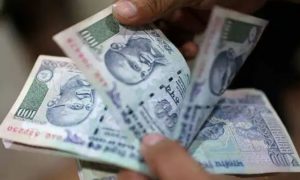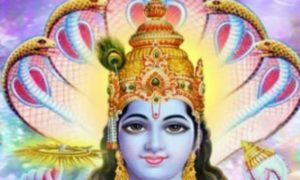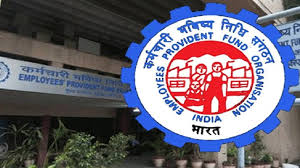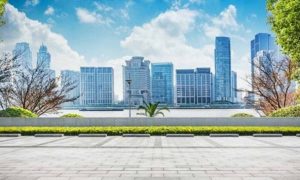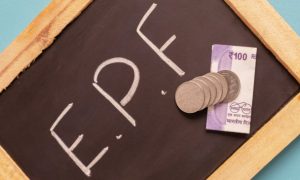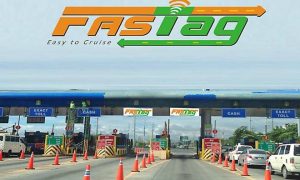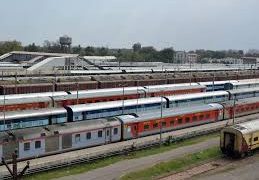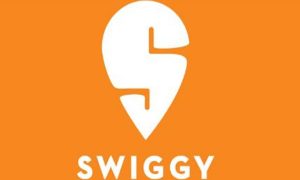Sri Lankan President Ranil Wickremesinghe has said his government’s main priorities are to fix the country’s ailing economy and end the severe fuel shortage that has exacerbated after the last shipment under the Indian credit line arrived here in June.
Addressing a gathering at his party headquarters on Wednesday, the newly-elected president said his government was not against peaceful protest and would allow them all the time if the protesters did not break the law.
“I became the president at a most difficult time for the country. We have to set the economy right,” he said.
Wickremesinghe said his government’s main task was to first reduce the length of fuel queues and then eliminate them completely.
Since June 27, the government has stopped fuel supplies and restricted essential services.
Minister of Power and Energy Kanchana Wijesekera said on Monday that Sri Lanka will restrict fuel imports for the next 12 months as it is facing a severe shortage of foreign exchange and announcing a rationing system for the distribution of fuel across the crisis-hit island nation.
“QR system was introduced since the daily fuel demand cannot be fulfilled. Due to Forex issues, Fuel imports have to be restricted in the next 12 months,” he said.
Sri Lanka, a country of 22 million people, is under the grip of an unprecedented economic turmoil, leaving millions struggling to buy food, medicine, fuel and other essentials. The severe foreign exchange shortage has hampered the import of fuel and other essentials in the country reeling under the worst economic crisis in seven decades.
Many incidents of violence have been reported at fuel stations and nearly 20 people have died of exhaustion after spending several days continuously in long queues. Since the beginning of this year, Sri Lanka relied on an Indian line of credit to fund fuel purchases.
Sri Lanka, which relied on an Indian credit line for fuel imports till February, has now exhausted the facility. The last fuel shipment under the Indian credit line arrived on June 16. Sri Lanka’s fuel and energy sectors are the worst hit by the forex shortages triggered by the unprecedented economic crisis.
The Indian credit lines for fuel and essentials provided a lifeline while the island nation was struggling to seek an IMF package. An expected bail-out package with the IMF has been delayed due to difficulties to reach a staff-level agreement after the process got underway in April.
The worst economic crisis since 1948 led to a debilitating political crisis in Sri Lanka where former President Gotabaya Rajapaksa was forced out of power due to his poor handling of the economy.
A massive protest on July 13 attempted to break into the parliamentary complex in continuation with the July 9 popular uprising, forcing Rajapaksa to leave the country to the Maldives and then to Singapore.
On July 9, anti-government protesters occupied the official residence of Rajapaksa and the private home of Wickremesinghe. The mob also torched the private residence of Wickremesinghe.
Last week, Sri Lanka’s Parliament elected Wickremesinghe, an ally of Rajapaksa, as the successor to Rajapaksa, who resigned after reaching Singapore. It was the first time in 44 years that Sri Lanka’s Parliament directly elected a president.
Sri Lanka has seen months of mass unrest over the worst economic crisis and many blame the former government led by Rajapaksa and his family for mishandling the island nation’s economy.








